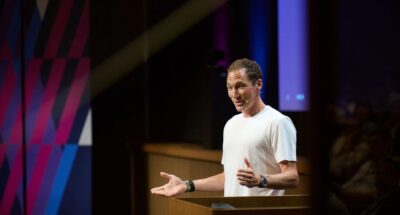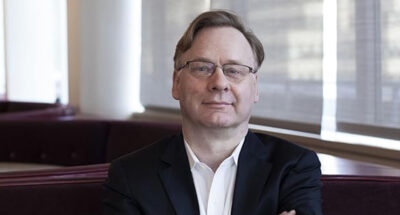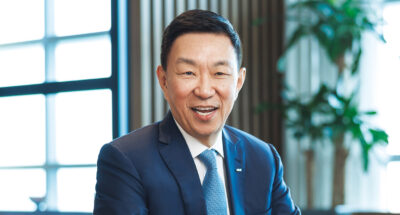Take MyPaddi by MOBicure, an app that provides sexual and reproductive health information and services for young women in Africa. “It was easily accessible for girls who come from countries where sexual education is not so sophisticated and are confronted with these problems who need counseling and access to medical solutions,” said Mei-Pochtler.
So far, MyPaddi has helped 130,000 girls across 16 African countries cope with sexual abuse, preventions of teenage pregnancies, or HIV infections. Likewise, Flare, which launched in 2016, has saved over 10,000 acute patients and helped enable the safe delivery of 4,000 babies with its network of ambulances, hospital providers, and national emergency services. More than a million people use the platform in Kenya.
The third awardee, VaxiGlobal, uses contactless biometrics to help provide access to vaccines by scanning individual faces on mobile phones and creating digital certificates in a secure cloud. It has built relationships with the Ministries of Health in Zimbabwe, Botswana, Zambia, the Democratic Republic of Congo, and Nigeria, as well as WHO Africa, to help millions of Africans who are not vaccinated or who have either misplaced or lost their vaccination card, or do not have an ID card.
Ahead of its final calls for applications for this year’s award, there are three main areas that KAAIA is particularly interested in, each focusing on how digital solutions can solve issues around sustainable development goals, such as achieving food security and improving food systems, nutrition, and sustainable energy security.
“Take energy security, for example,” said Mei-Pochtler. “If you want to solve the energy problem that we have in Europe, which is about cost and sustainability, and you want to solve Africa’s energy problems, which are due to inaccessibility, then we in Europe need to work with Africa because a lot of photovoltaic-based solutions are easier to implement there. The African continent has abundant and uniform solar resources, low grid infrastructure, and high demand for clean and accessible energy.”









